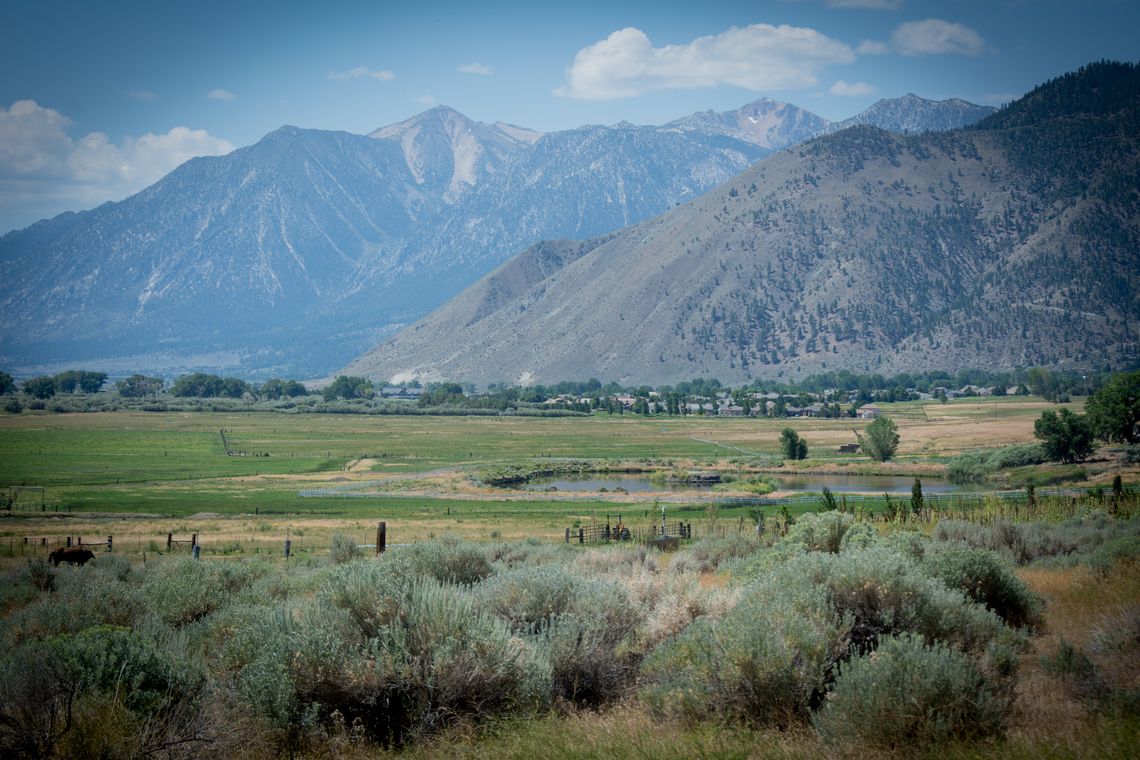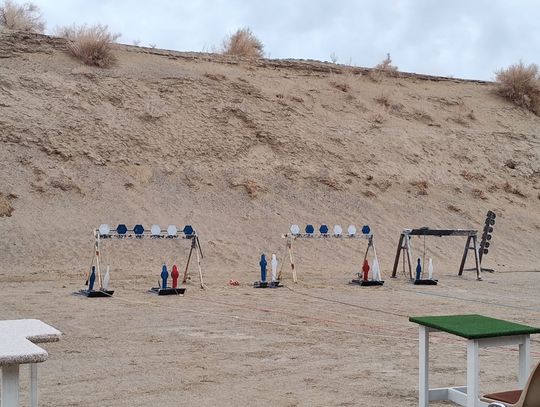Nevada’s water rights laws could see some changes, and Nevada Farm Bureau is actively involved in discussions to ensure the voices of Nevada’s farmers, ranchers, and water users are heard. The State Engineer’s office is considering legislative updates that would alter how water rights are forfeited when they’re not being put to beneficial use. These potential changes could impact how long water rights holders have to use their water before losing those rights.
Currently, Nevada water law allows a five-year period of non-use before water rights are subject to forfeiture. However, Nevada Farm Bureau is concerned that the current system, which allows for ongoing extensions, might not be addressing the underlying issue of getting water rights holders to use their water effectively and within a reasonable timeframe.
What Are the Proposed Changes?
One of the proposed revisions under review would introduce a new two-phase notification system. After five consecutive years of non-use, the Nevada Division of Water Resources would notify the water rights holder that they are at risk of forfeiture. The water user would then have an additional five years to put their water to use. If by the end of that second five-year period the water still isn’t being used, the right would be forfeited without any chance for further extensions.
The intent behind this potential change is to streamline the process and ensure that Nevada’s water resources are being used efficiently, which is especially important given the state’s persistent drought conditions and ongoing concerns over water availability.
But this proposal raises important questions for Nevada’s farmers and ranchers—many of whom rely on water rights to sustain their operations. The Nevada Farm Bureau is reaching out to its members to get feedback on whether these changes are a step in the right direction or if the current system should be maintained.
The Farm Bureau’s Role in Shaping Water Policy
It’s important to remember that the current system was largely shaped by the Nevada Farm Bureau’s advocacy efforts. Several years ago, the organization successfully pushed for a notification process that requires the State Engineer to send a one-year notice before forfeiture proceedings begin. This policy is reflected in Nevada Revised Statutes (NRS) 534.090, which governs the forfeiture and abandonment of water rights.
Under NRS 534.090, if a water right has not been used for four consecutive years, the State Engineer must notify the owner, giving them one more year to either resume use or apply for an extension. If no action is taken, the water right is forfeited. The idea behind this system was to provide water rights holders with a fair opportunity to rectify any issues of non-use before losing their rights.
However, in recent discussions with the State Engineer’s office, Nevada Farm Bureau learned that the current system is facing challenges—mainly the continued granting of extensions. While these extensions provide flexibility for water rights holders, they often delay the resolution of non-use and add to the administrative burden without addressing the core issue: ensuring Nevada’s water is being put to beneficial use.
Should Nevada Farm Bureau’s Policy Be Updated?
With the potential legislative changes on the horizon, Nevada Farm Bureau is asking its members to weigh in on whether the organization’s policy should also evolve. The key issue is whether the extensions are preventing the water rights system from working as intended. If so, should the Farm Bureau advocate for a law that eliminates extensions after the initial five-year period, pushing water rights holders to either use their water or lose it?
Some members argue that stricter rules are necessary to prevent water resources from going unused while others face shortages. In a state like Nevada, where every drop counts, the principle of “use it or lose it” has never been more important. Ensuring that water rights are being used effectively could help preserve the sustainability of the state’s agricultural sector and prevent further strain on already limited water supplies.
But there’s another side to this argument. Some farmers and ranchers are concerned that eliminating extensions could put undue pressure on water rights holders who may be facing legitimate barriers to using their water—whether it’s prolonged drought conditions, financial constraints, or regulatory hurdles. For these producers, extensions provide a necessary buffer that allows them to retain their water rights even when circumstances make it difficult to put that water to use.
Water Law in the Context of Nevada’s Agriculture
Water is the lifeblood of Nevada’s agricultural industry, and any change to water rights law has a direct impact on the state’s farmers, ranchers, and water users. Whether it’s for irrigating fields, watering livestock, or sustaining crops, having secure and predictable access to water is critical. The decisions that come out of these policy discussions will affect how ranches and farms are able to operate in the future.
As part of the upcoming policy development sessions, county Farm Bureau members will have the opportunity to discuss these proposed changes and provide input on whether the organization’s policy should be updated to reflect the new realities of water management in the state. This will be an important chance for members to voice their concerns and ensure that any changes to water law take into account the unique challenges faced by Nevada’s agricultural community.
What’s at Stake?
The stakes are high. Nevada’s ongoing drought has put increasing pressure on water resources, and the decisions made today will determine the future of water use in agriculture. The Farm Bureau wants to ensure that its members are part of the conversation and that the laws governing water rights reflect the needs of those who rely on them most—Nevada’s farmers and ranchers.
By considering these potential changes and engaging with the State Engineer’s office, the Nevada Farm Bureau is working to strike a balance between maintaining the flexibility that water rights holders need and ensuring that the state’s water resources are used responsibly. This conversation is far from over, and the Farm Bureau is urging its members to get involved and help shape the future of water policy in Nevada.
As these discussions move forward, Nevada Farm Bureau remains committed to protecting the interests of the agricultural community while also advocating for responsible water management practices that benefit the state as a whole. Every member’s input counts, and together, the Farm Bureau aims to craft a water policy that works for everyone.
These comments are those of Nevada Farm Bureau and do not reflect the thoughts or opinions of Fallon Media, LLC.









Comment
Comments